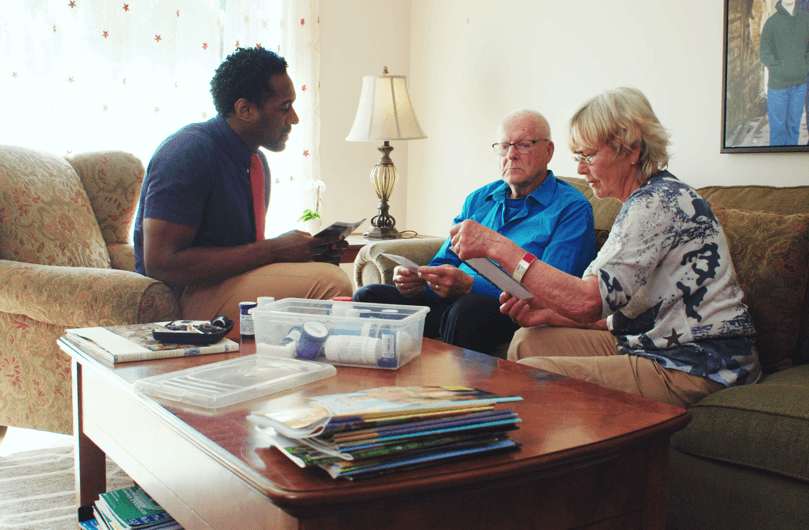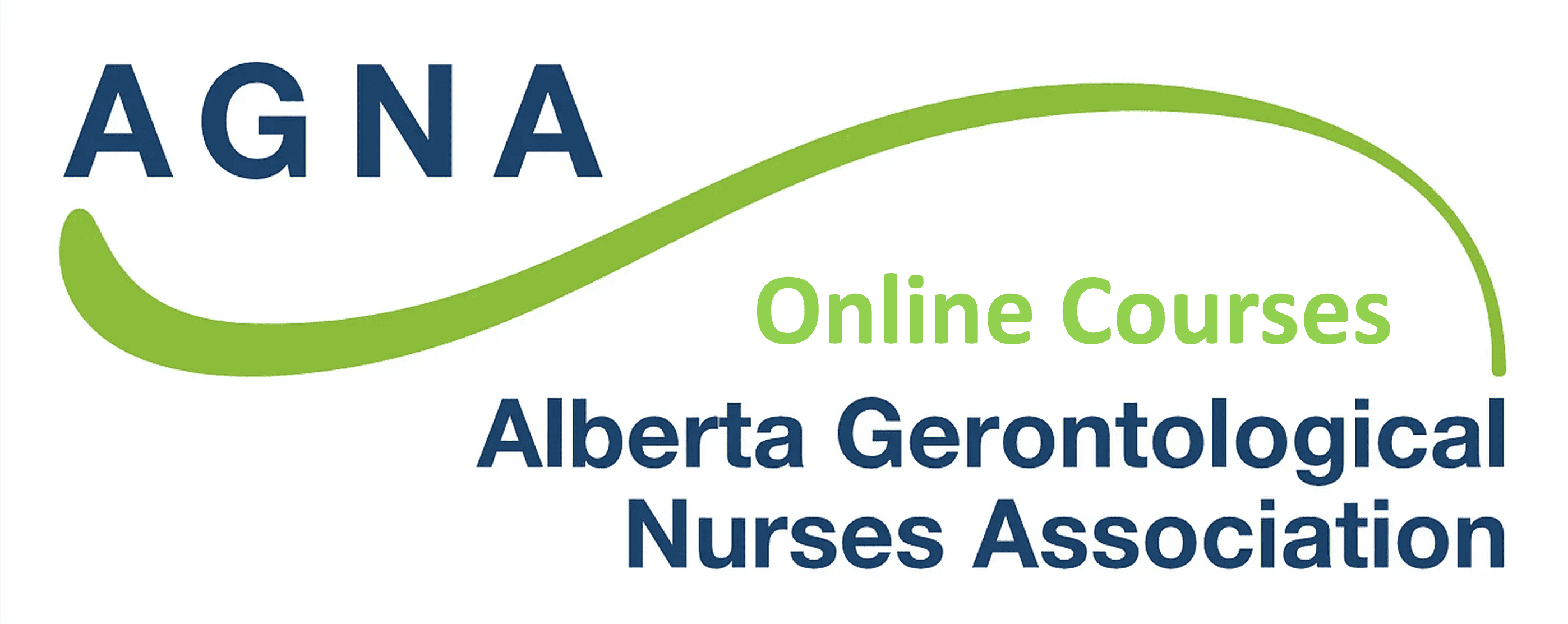Certificate Courses
AVA Online Training Modules

The purpose of AVA Online Training Modules is to provide all trainees and team members with an accessible online resource for AVA’s training as per AVA’s objectives and guiding principles.
Curriculum Overview
Based on the trainee’s needs, AVA Online Training Modules courses can be completed in a few different ways:
- As individual courses
- As part of AVA micro-credentials, including the AVA Online Training Certificate (see below)
The AVA Online Training Modules courses are organized into four streams built around AVA’s objectives and guiding principles. These are:
- Adult Women and Gender-Diverse People Violence/Adversity
- Child Girls and Gender-Diverse People Violence/Adversity
- Research Readiness and Implementation
- Equity, Diversity, Inclusion, Accessibility (EDIA)
The Canadian Healthcare Education Network (CHEN)

The Canadian Healthcare Education Network (CHEN)
Practical. Evidence-based. Made for nurses.
New! Special Education Partnership for AAN Members
Advance Your Nursing Practice with CHEN
The Canadian Healthcare Education Network (CHEN) has partnered with the Alberta Association of Nurses (AAN) to offer exclusive discounts on practical, evidence-informed courses and certificate programs for AAN members.
Designed for RNs, RPNs, and LPNs, CHEN’s live, online programs help you:
- Build up your skill-set
- Earn micro-credentials and certificates
- Learn from experienced nurse educators/clinicians
- Apply your learning with confidence
“Our programs are practical, flexible, and designed for (and by) nurses. I’m excited to see where
it takes you next.”— Dr. Rosemary Kohr, RN, PhD, CHEN Founder
Caregiver-Centered Care

Education designed for healthcare providers to support family caregivers.
Caregiver-Centered Care Education is co-designed to equip health and community care providers with the knowledge, skills, and resources to provide person-centered care to family caregivers. Person-centered care, that respects and involves family caregivers in the planning and delivery of support services for the care receiver, while also recognizing and addressing the family caregiver's own needs, preferences, and wellbeing. It is crucial for fostering meaningful and positive care outcomes for all involved in the care journey—providers, family caregivers, and the people they care for.
- Obtain a continuing competency certificate
- Courses built on literature reviews of best practices in interdisciplinary education.
- Visit https://www.caregivercare.ca to get started!
E-Learning Modules on Gerontological Care

Nursing Academic Instructors from the University of Alberta developed e-learning modules on gerontological care, funded by the Social Sciences and Humanities Research Council of Canada as part of the Awakening Canadians to Ageism research grant. An advisory group emphasized the importance of accurate aging knowledge for nurses to combat ageism. Modules based on Canadian nursing competencies were well-received by student nurses. We would like to make these modules available to practicing nurses as well. The 10 interactive, evidence and case-based modules are available through the Alberta Gerontological Nurses Association (AGNA) as a part of our efforts to promote excellence in gerontological nursing and combat ageism in healthcare.
- Visit https://courses.agna.ca/ to get started!
- For questions contact: [email protected]
